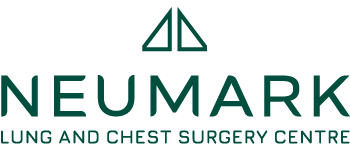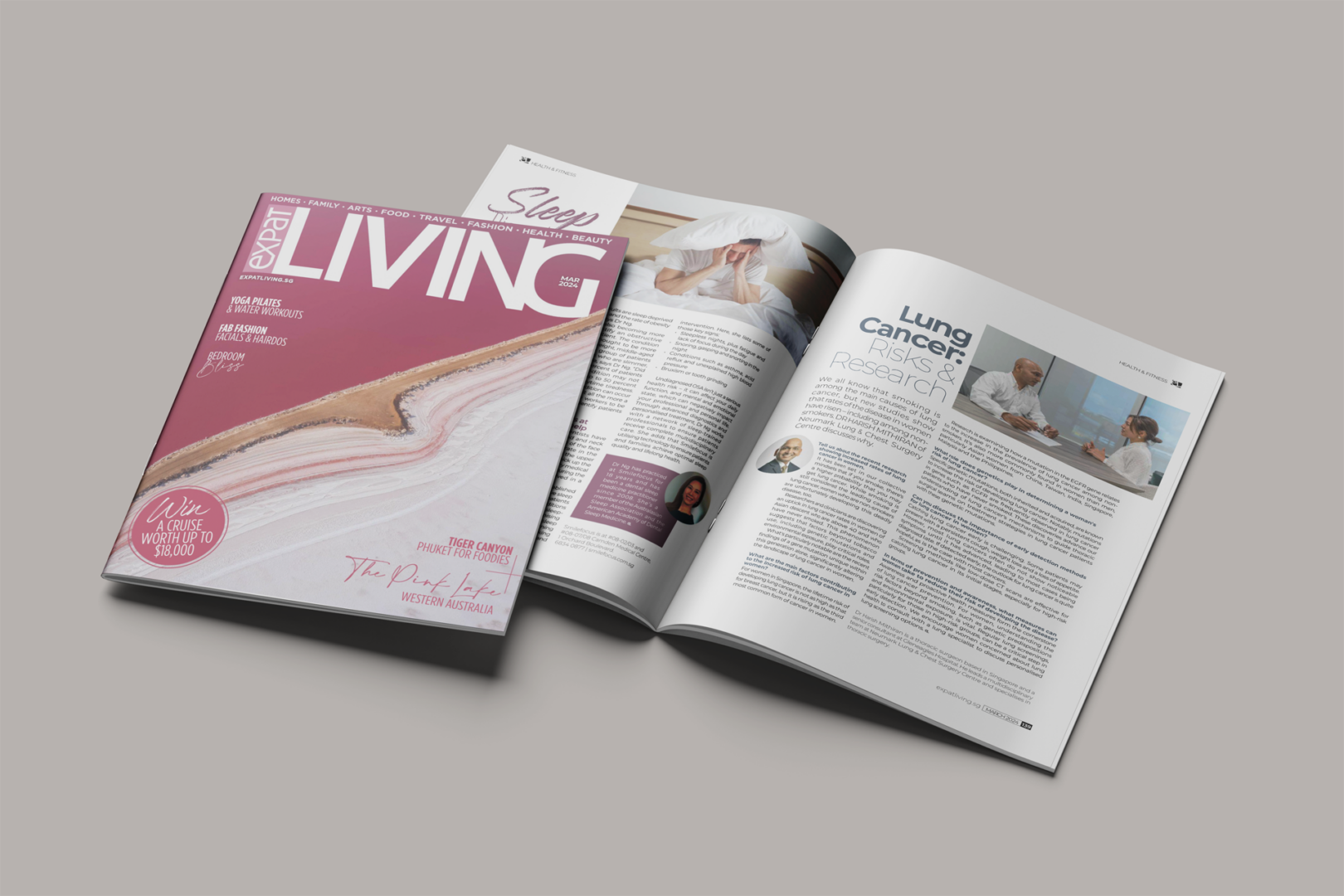Tell us about the recent research showing increased rates of lung cancer in women.
It has been set in our collective mindsets that if you smoke, there’s a higher probability that you may get lung cancer. While smoking is still considered the leading cause of lung cancer, women who are non-smokers are unfortunately developing it too.
Researchers and clinicians are discovering an uptick in lung cancer rates in women of Asian descent who are above 40 and who have never smoked. This phenomenon suggests that factors beyond tobacco use, including genetic mutations and environmental exposure, play critical roles.
What’s particularly notable are the recent findings of a gene mutation unique within this generation alone, significantly altering the landscape of lung cancer in women.

What are the main factors contributing to this increase?
For women in Singapore, the lifetime risk of developing lung cancer is not as high as that for breast cancer, but it is rising as the third most common form of cancer in women.
Research is examining how a mutation in the EGFR gene relates to the increase in the prevalence of lung cancer among nonsmokers. It’s also more commonly found in women than men, particularly Asian women from China, Taiwan, India, Singapore, Malaysia and the Philippines.

